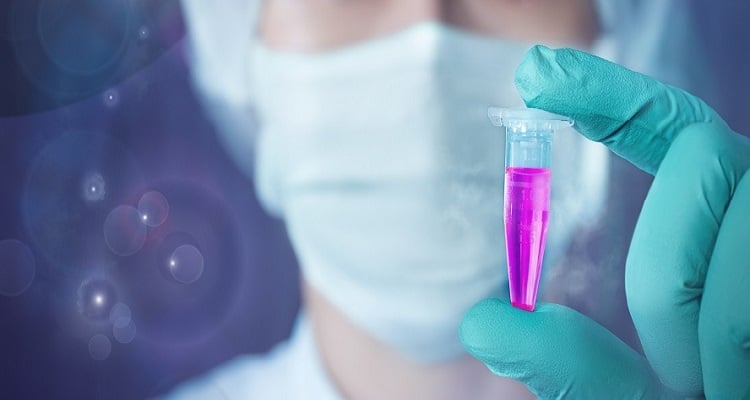Vir Biotechnology announces maiden marketing authorisation for sotrovimab in Australia
As part of its overarching effort to address COVID-19, the Australian Government recently announced an agreement to purchase sotrovimab, the first supply of which arrived in the country last week
Vir Biotechnology has announced the first marketing authorisation, granted in Australia, for its first commercial product, sotrovimab, developed in partnership with GlaxoSmithKline (GSK). This announcement follows news shared by GSK Australia that the Australian Therapeutic Goods Administration (TGA) has granted provisional marketing authorisation for sotrovimab (under the brand name, Xevudy), a monoclonal antibody for the treatment of adults and adolescents (aged 12 years and above, and weighing at least 40 kg) with COVID-19 who do not require initiation of oxygen due to COVID-19 and who are at increased risk of progression to hospitalisation or death. Sotrovimab is the first monoclonal antibody approved in Australia. As part of its overarching effort to address COVID-19, the Australian Government also recently announced an agreement to purchase sotrovimab, the first supply of which arrived in the country last week, the company said in a statement.
The TGA had previously granted sotrovimab, a provisional determination in April, which provides a mechanism for accelerating the provisional marketing authorisation of promising new medicines. This approval pathway allows companies to apply for registration of medicines for conditions with high unmet clinical needs based on promising early clinical data, it added.
The statement also notified that globally, sotrovimab is authorised for emergency use in the US, received a positive scientific opinion from the Committee for Human Medicinal Products (CHMP) in the European Union (EU), and has been granted temporary authorisation in Bahrain, Canada, Egypt, Italy, Kuwait, Qatar, Singapore and the United Arab Emirates.
Speaking in this regard, George Scangos, PhD, Chief Executive Officer, Vir Biotechnology, said, “The provisional approval of sotrovimab in Australia marks an important milestone for Vir, as it is the first marketing authorisation of our first commercial product. It also represents an important step forward in the Australian government’s efforts to combat the pandemic and prevent the most severe effects of COVID-19, particularly in the face of new and emerging variants. We eagerly anticipate additional regulatory decisions around the world in the coming months and look forward to working with our partner, GSK, to expand patient access to a much-needed treatment option that continues to demonstrate, in vitro, its ability to retain activity against the tested, currently circulating variants of concern and interest, including Delta and Delta Plus.”
The regulatory applications currently under assessment around the world, include results of the phase-III COMET-ICE (COVID-19 Monoclonal antibody Efficacy trial – Intent to Care Early) trial, which resulted in a 79 per cent reduction (adjusted relative risk reduction) (p<0.001) in all-cause hospitalisation for more than 24 hours or death due to any cause by day 29 compared to placebo, meeting the primary endpoint of the trial, the statement also said.
It further said that in-vitro data, published in bioRxiv also demonstrate that sotrovimab retains activity against currently circulating variants of concern and interest of the SARS-CoV-2 virus including alpha (B.1.1.7), beta (B.1.351), delta (B.1.617.2), delta plus (AY.1 or AY.2), epsilon (B.1.427/B.1.429), eta (B.1.525), gamma (P.1), iota (B.1.526), kappa (B.1.617.1) and lambda (C.37), as well as new variants from Bristol (B.1.1.7+E484K) and Cameroon (B.1.619), which predominantly include both N440K and E484K mutations that may lead to reduced activity for other neutralising monoclonal antibodies against the SARS-CoV-2 virus.
The statement also notified that this announcement is part of a collaboration between Vir and GSK, signed in April 2020, to research and develop solutions for coronaviruses, including SARS-CoV-2, the virus that causes COVID-19.
- Advertisement -


